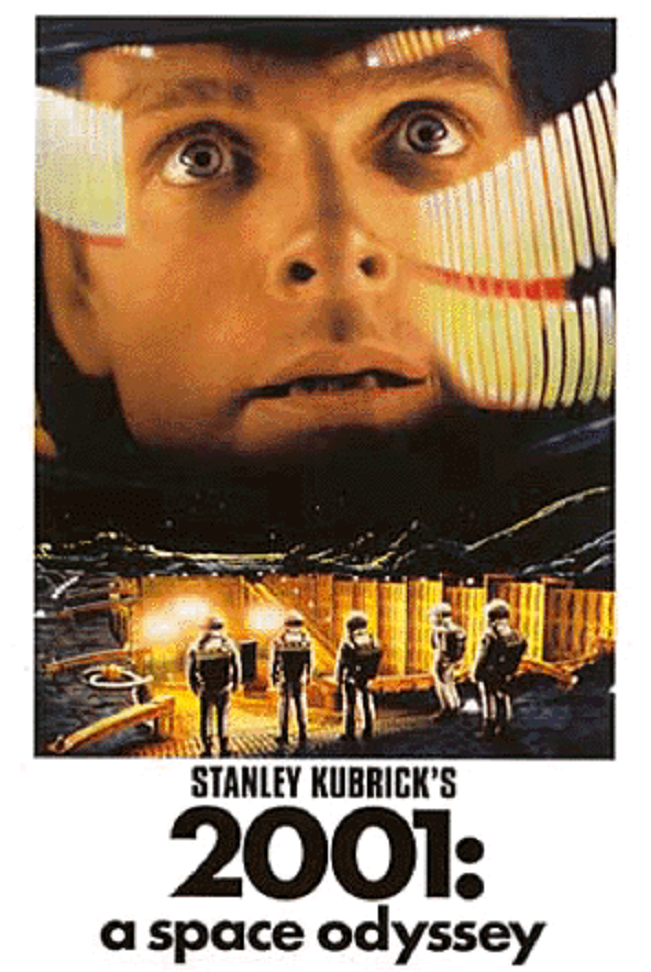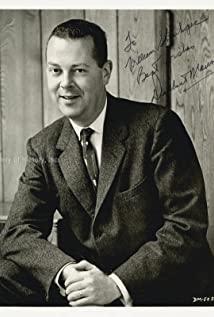Delbert Mann
Delbert Mann, the Oscar-winning film director, was born Delbert Martin Mann Jr. in Lawrence, Kansas, in 1920. His father moved the family to Nashville, Tennesse, after taking a teaching position at Scarritt College. The young Mann graduated from Vanderbilt University, where he met his future wife, Ann Caroline Gillespie. He developed a lifelong friendship with Fred Coe, whom he met at the Nashville Community Playhouse, that would prove critical in his professional life.
After his 1941 graduation from Vanderbilt, Mann joined the Army and was assigned to the Air Corps, eventually becoming a pilot with the 8th Air Force. As a B-24 pilot with the "Mighty Eighth," Mann flew 35 bombing missions in the European Theater of Operations. After being demobilized at the end of the war, his interest changed to another type of theater, and he attended the Yale Drama School. From Yale he moved on to a directing job with the Town Theatre of Columbia, South Carolina.
His old friend Fred Coe, a producer at NBC, offered Mann the opportunity to direct live television drama on the network's The Philco Television Playhouse (1948). Mann accepted the job offer and moved to New York in 1949. For NBC he directed many dramas for the "Philco Playhouse," which later alternated its broadcasting weeks on the network with the Goodyear Playhouse (1951) and Producers' Showcase (1954) (television programs in the early days typically had one major commercial sponsor; thus, many programs from the early days bore the name of that primary sponsor). Mann directed episodes for all three showcases, including "October Story" with Julie Harris and Leslie Nielsen, "Middle of the Night" with Eva Marie Saint and E.G. Marshall, a remake of The Petrified Forest (1936) with the inevitable Humphrey Bogart (who created the role of Duke Mantee on the Broadway stage and played it in the classic 1935 film), and even two productions of William Shakespeare's "Othello" (one of which featured the unlikely Walter Matthau as Iago!).
Mann was one of the best-known graduates of "The Golden Age of Television," when live original drama was a staple of network TV. Other showcases he worked for included NBC Repertory Theatre (1949), Ford Star Jubilee (1955) and Playwrights '56 (1955). In 1953 he directed a live teleplay written by another WWII vet, Paddy Chayefsky. The episode of "Goodyear Television Playhouse" starring another vet, the up-and-coming Method actor Rod Steiger, as a lonely butcher named "Marty."
Delbert Mann's name will always be linked to the extraordinary cultural phenomenon that was "Marty," but it was as a film, not as television program, that Chayevsky's 1953 script became legendary, the first blockbuster hit of independent cinema. However, Mann's first recognition from the culture industry didn't come from Chayevsky's "Marty," either on television or film, but from Thornton Wilder's theatrical warhorse about a small burg in New Hampshire, "Our Town."
In 1954, Mann won a Best Director Emmy nomination for the "Producers' Showcase" episode "Our Town," a musical adaptation featuring the young Paul Newman and the singing talents of swinging Frank Sinatra. Ironically, the TV play of "Marty," considered the summit of TV's Golden Age in retrospect, went unrecognized during the nascent industry's awards season, though it did receive an excellent buzz via word of mouth. (The live "Marty" was captured via kinescope, a method of reproduction that involved shooting a 16-mm copy of the broadcast off of a TV monitor for rebroadcast to the West Coast in the days before coast-to-coast TV hookups, let along videotape; such programs were seldom rebroadcast after the initial showing due to the poor quality of the 'scope.) That situation would change once "Marty" moved from New York to Hollywood.

